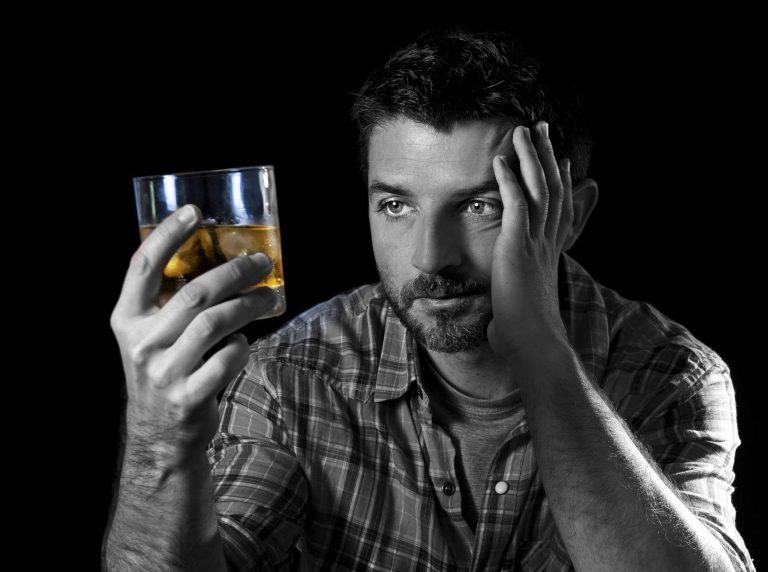13
2022Alcohol Relapse Rates: Abstinence Statistics, How to Avoid & Deal with a Relapse
Dr. Stanton Peele, recognized as one of the world’s leading addiction experts, developed the Life Process Program after decades of research, writing, and treatment about and for people with addictions. His work has been published in leading professional journals and popular publications around the globe. I can’t tell you that AA/NA didn’t help you — either it did, or it was there for you when you got better.

It was like something clicked inside his brain and he was instantly hooked on the booze again. Experts think this occurs because the neural circuits involved in stress and mood are the same circuits involved in the brain’s reward system. For this reason, stress can trigger the same brain circuits that were triggered when you sought alcohol in the past. This means stress can lead to cravings, which can lead to a relapse. The longer you abstain from alcohol, the better your chances of success.
Mood Swings, Brain Fog, and Anxiety
“I am in my first hours of sobriety. I just took the quiz for withdrawal symptoms and scored 60% moderate to severe. Funny, because my average hangover is usually worse than this.” For many, the first day of abstinence usually follows a day of very heavy alcohol consumption—either a binge or a multi-day bender. People can experience https://g-markets.net/sober-living/when-does-alcohol-withdrawal-brain-fog-go-away/ a wide range of symptoms—ranging from mild to moderate to severe—that start and stop at different times for each person. Most people who make their way into recovery have left a lot of pain and suffering in their wake. Feeling guilty or ashamed of past behavior or actions during active addiction is natural and healthy.
It’s important to remember that you never have to give yourself up to make other people comfortable—ever. Whether you’re stating a one-sentence response (“I don’t drink”) or using a small excuse, the only thing to consider is whether you are comfortable, and whether your boundaries are being upheld. When you share that you’re no longer drinking, people might be freaked out by your decision; you may have just thrown a wrench in their search for their own OK-ness, took away part of their own confirmation of their behavior and lifestyle.
How Do You Become Sober?
We just have to use them on the outside, where they become indispensable weapons against a return to the abyss of our disease. After 30 days of sobriety, physical withdrawal symptoms should be well in the past. People in recovery continue to report the benefits of not drinking alcohol after 13 days of abstinence. Art Therapy for Drug & Alcohol Addiction Recovery For the vast majority of people, the physical symptoms of alcohol withdrawal have passed by day seven. “Now that most of the physical symptoms have gone away, time to work at staying sober. This is usually where I mess up and drink because I am feeling better and think I can handle it. I know I can’t.”
